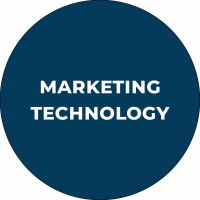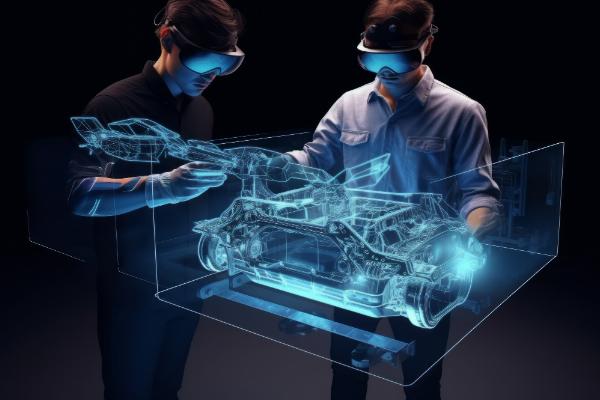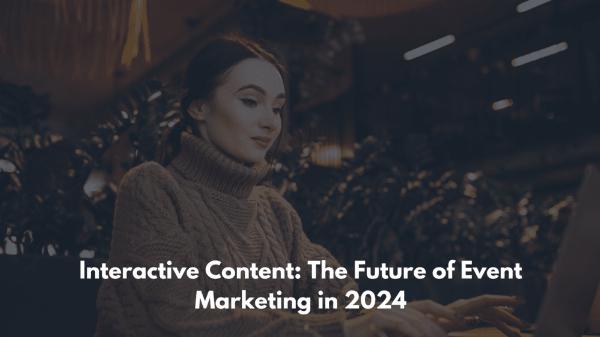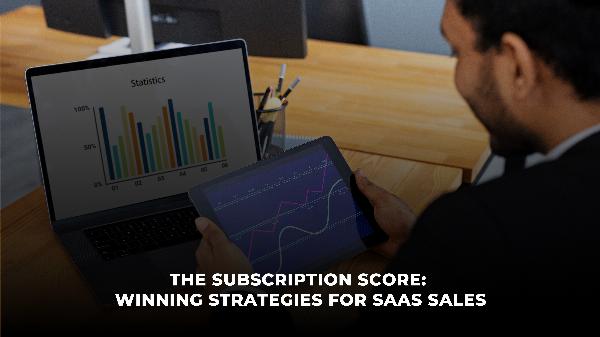Virtual Reality in Event Marketing: The 2024 Disruption
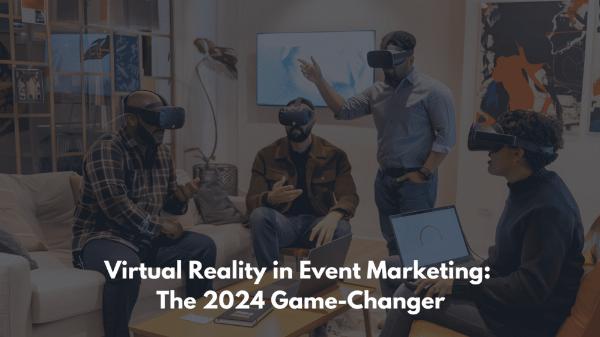
The event marketing landscape is in flux. Traditional strategies, while still valuable, are facing increasing competition from a new wave of technological innovation. One disruptor rapidly gaining traction is virtual reality (VR). In 2024, VR is poised to become a game-changer, offering event planners a powerful tool to craft immersive experiences that leave a lasting impression.
Why VR? The Power of Immersion
VR technology transports attendees from the physical world to a digitally rendered environment. This creates a sense of presence unlike anything achievable with traditional marketing tools. Imagine attending a product launch not by watching a presentation, but by virtually stepping onto the factory floor and witnessing the product's creation firsthand. VR allows for a level of emotional connection and engagement that simply isn't possible with static brochures or online videos.
VR Applications in Event Marketing
The possibilities for VR in event marketing are vast and constantly evolving. Here are a few examples of how event planners are already leveraging this technology:
• Product Launches: Imagine showcasing a new car by allowing attendees to virtually test drive it on a scenic mountain road or a bustling city street. VR can create realistic environments that bring products to life in a way that static displays simply can't.
• Trade Shows and Conferences: VR booths can offer a unique and interactive way for attendees to explore products and services. Imagine a pharmaceutical company using VR to showcase the inner workings of a new drug or a travel agency offering virtual tours of exotic destinations.
• Remote Events: VR can bridge geographical limitations. Imagine attending a global conference without leaving your home office. VR can create a sense of "being there" for attendees who are unable to travel physically.
The Rise of Hybrid Events
The future of event marketing may lie in a hybrid model that combines physical and virtual elements. VR can be used to enhance the in-person experience by offering attendees exclusive VR experiences before, during, and after the event. This can create a sense of continuity and extend the reach of the event beyond the physical location.
Challenges and Considerations
While VR offers exciting possibilities, it's important to acknowledge the challenges. VR headsets can still be expensive, and access to the technology may be limited for some attendees. Additionally, creating high-quality VR content requires expertise and investment.
Martech Integration: A Match Made in Engagement
Event planners looking to leverage VR can benefit greatly from integrating their marketing technology (martech) stack with VR solutions. Martech platforms can be used to manage attendee registration, distribute VR content, and track user engagement within the VR experience. This data can then be used to personalize future communication and optimize future VR experiences.
The Future of VR in Event Marketing
As VR technology continues to evolve and become more accessible, its impact on event marketing will undoubtedly grow. Looking ahead, we can expect to see VR experiences becoming more sophisticated, interactive, and data-driven. Event planners who embrace VR early will be well-positioned to create truly unique and memorable experiences for their attendees.
Staying Ahead of the Curve
The event marketing landscape is constantly changing. To stay ahead of the curve, event planners should closely follow industry publications and resources to stay informed about the latest trends and technologies. By embracing innovation like VR, event planners can create truly engaging experiences that leave a lasting impression and drive business results.
Conclusion
VR is not just a futuristic gimmick; it's a powerful tool that event planners can use to create truly immersive and engaging experiences. While challenges remain, VR is poised to become a game-changer in the event marketing landscape of 2024 and beyond. Event planners who take the time to understand and leverage this technology will be well-positioned to differentiate themselves in a competitive market.
Note: IndiBlogHub features both user-submitted and editorial content. We do not verify third-party contributions. Read our Disclaimer and Privacy Policyfor details.

